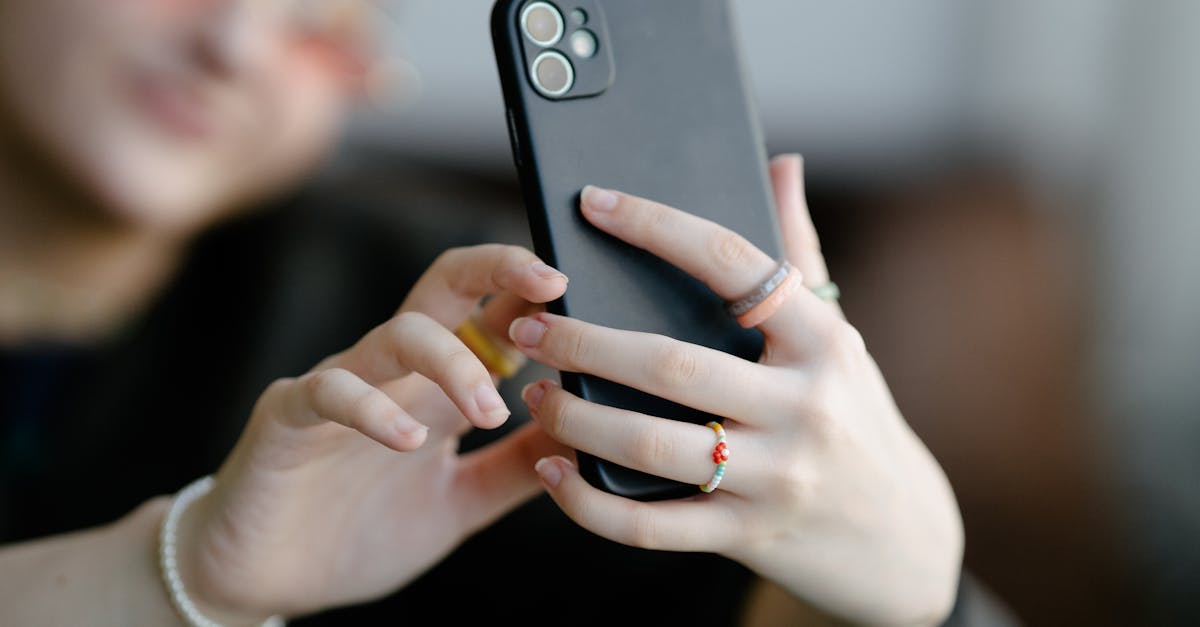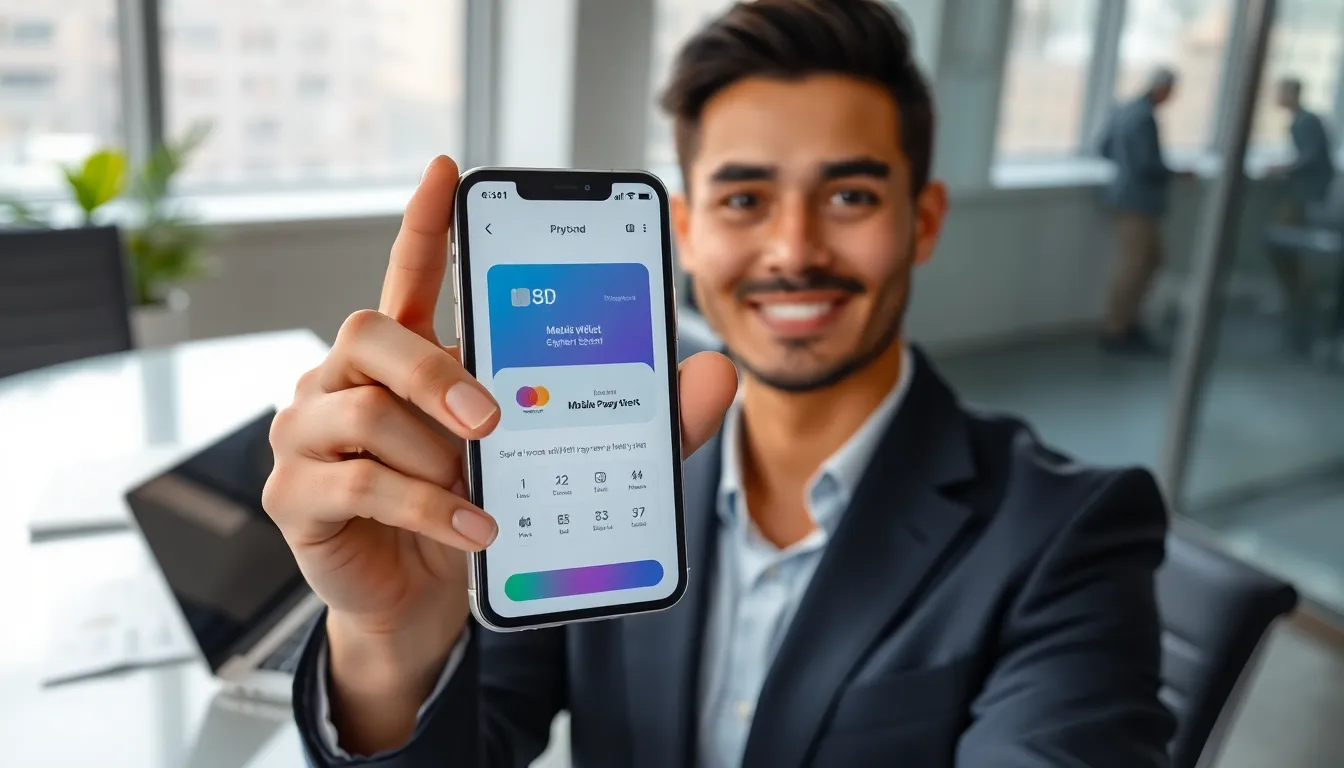In a world where change is the only constant, why should your phone number be any different? Mobile phone number portability is the superhero of the telecom universe, swooping in to save the day when it comes to switching carriers without losing your beloved digits. Imagine being able to hop from one service provider to another, all while keeping the number that your friends, family, and pizza delivery guy know by heart.
Table of Contents
ToggleUnderstanding Mobile Phone Number Portability
Mobile phone number portability enables users to retain their phone numbers when switching telecom carriers. This feature enhances user convenience and fosters competition among providers.
Definition and Importance
Mobile phone number portability refers to the ability to transfer one’s existing phone number from one carrier to another. This concept is crucial as it allows consumers to choose better service plans without losing their established number. Retaining a familiar number maintains connections with friends, family, and business contacts. Since 2003, many countries have implemented regulations mandating number portability, recognizing its role in promoting customer satisfaction and market competition. Users experience increased freedom, making it easier to find a carrier that better meets their needs while keeping the same phone number.
How It Works
The process of mobile phone number portability involves several steps. First, users must request a portability transfer from their new carrier. Approval from the current carrier is necessary, ensuring no ongoing contractual obligations exist. Once approved, the new carrier initiates the transfer process, typically completed within a few hours or up to a couple of days. Users receive confirmation when the transfer is successful. Both carriers coordinate on technical specifications and ensure seamless service continuity. During the process, users can continue using their existing service until the number transfers fully. This mechanism ensures minimal disruption, facilitating a smooth transition between providers.
Benefits of Mobile Phone Number Portability
Mobile phone number portability enhances user experiences significantly. It offers multiple advantages for consumers and carriers alike.
Consumer Flexibility
Consumers benefit greatly from increased flexibility. Switching carriers without changing numbers eliminates the hassle of notifying contacts. Users can easily explore new plans that better cater to their needs. Keeping the same phone number fosters consistency, reducing the chances of missed calls or messages during transitions. Enjoying the freedom to choose service providers while retaining a familiar number empowers consumers to make informed decisions. This flexibility not only encourages loyalty but also allows users to select services based on quality and pricing.
Carrier Competition
Carrier competition intensifies due to number portability. Providers strive to offer better deals to attract customers. With the ability to move numbers freely, companies must innovate and improve service quality to retain clientele. Competitive pricing and enhanced services result from this ongoing rivalry. Marketing strategies evolve as carriers highlight their benefits and promotions. Consumers reap the rewards of these changes, enjoying better options and prices. As a result, a more dynamic telecom environment emerges, fostering continuous improvement across the industry.
Challenges of Mobile Phone Number Portability
Mobile phone number portability faces various challenges that can complicate the process for consumers. These hurdles often include technical barriers and regulatory issues that impact seamless transitions between carriers.
Technical Barriers
Technical barriers frequently hinder the smooth implementation of number portability. Different carriers utilize distinct systems and protocols for managing phone numbers. An incompatibility among these systems may lead to delays or errors during the transfer process. Moreover, network configurations of existing and new carriers can complicate service continuity. Consumers may experience interruptions in their service if carriers fail to synchronize effectively during the transfer. Ensuring interoperability between diverse systems remains crucial for a successful number portability experience.
Regulatory Issues
Regulatory issues present significant challenges to mobile phone number portability. Inconsistent regulations across countries can create confusion for consumers. Some regions lack comprehensive laws that enforce timely transfers or protect users’ rights during the process. Lengthy approval processes imposed by carriers may also lead to delays. Governing bodies must establish clearer guidelines to streamline the portability process and protect consumer interests. Misunderstandings regarding regulations can result in customers facing unnecessary complications while attempting to transfer their phone numbers.
Global Perspectives on Mobile Phone Number Portability
Mobile phone number portability varies significantly across the globe, influencing user experience and telecom competition.
Case Studies from Different Countries
In the United States, the Federal Communications Commission established regulations for number portability in 2003, enabling consumers to switch carriers easily. Similarly, the European Union mandates number portability across member states, with users able to retain their numbers within 24 hours. Japan implemented its portability service in 2006, allowing subscribers to change providers without introducing complications. In Australia, the process of switching takes no more than two hours, reflecting a strong commitment to consumer rights. These case studies demonstrate notable differences in implementation and outcomes in various markets.
Impact on Telecommunications Markets
Mobile phone number portability leads to notable transformations in telecommunications markets. Carriers in competitive regions tend to improve service quality and pricing due to consumer pressure. Increased consumer mobility results in heightened competition, with providers striving to retain loyal customers. Numerous studies show that countries with effective number portability mechanisms enjoy lower prices and better service compared to those without. Such improvements encourage market growth and innovation, illustrating the critical role of portability in shaping the telecom landscape.
Future Trends in Mobile Phone Number Portability
Mobile phone number portability continues to evolve, fueled by technological advancements and changing regulations. These trends shape consumer experiences and enhance industry competitiveness.
Technological Innovations
Innovations in telecommunications technology significantly impact number portability processes. Artificial intelligence optimizes transfer procedures by streamlining approvals and reducing errors. Cloud-based services enable carriers to synchronize their systems more efficiently, decreasing transfer times. Blockchain technology has emerged as a possible solution to enhance security and transparency during transfers. Enhanced mobile applications also allow users to initiate portability requests directly from their devices, making the process more user-friendly and accessible. As these technologies develop, portability becomes faster, more secure, and increasingly aligned with consumer needs.
Policy Developments
Regulatory changes around the world influence mobile phone number portability trends. Governments are pushing for quicker portability timelines, with efforts seen in regions like the European Union, where consumers expect transfers within 24 hours. Recent initiatives aim to standardize regulations, ensuring consistent experiences across countries. Streamlined processes are becoming a priority to minimize delays and enhance user satisfaction. Organizations advocating for consumer rights are pressuring regulators to create clearer guidelines, ensuring that consumers benefit from effective portability. Such developments promise to reshape the telecom landscape, making it more competitive and customer-centric in the future.
Mobile phone number portability is a vital feature that empowers consumers to make informed choices in a competitive telecom market. The ability to switch carriers while retaining a familiar number enhances user convenience and encourages telecom providers to elevate their services. As technology continues to evolve and regulations adapt, the future of number portability looks promising. Innovations are set to streamline the process further ensuring a user-friendly experience. This ongoing transformation in the telecommunications landscape not only benefits consumers but also fosters a healthier competitive environment among carriers. Embracing these changes will ultimately lead to better service quality and pricing for everyone involved.





